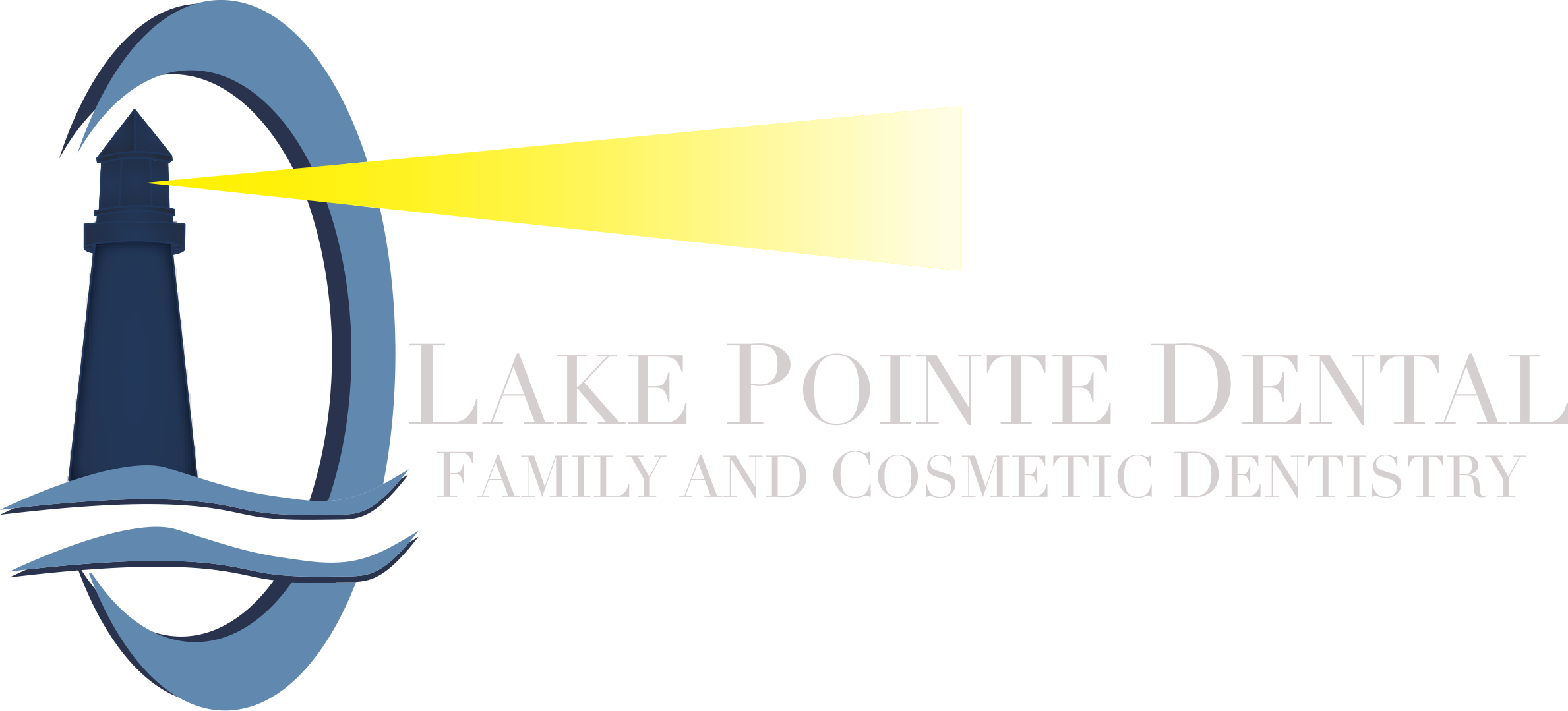1. What are sealants and how long do they last?
Dental sealants, also known as fissure sealants are part of prophylactic treatment to prevent the development of caries on the most susceptible sites of the tooth. The procedure is non-invasive, ideal for children who cannot maintain ideal oral hygiene on their own, and involves the topical placement of a filling material on the grooves or fissures on molars, for instance, which is the most common site for cavities. Sealants can last up to three years on good maintenance, but should be evaluated by professionals annually in case they need to be replaced.
2. The doctor is recommending having cavities filled, but why do I need them filled if my teeth don’t hurt?
The tooth has three layers, namely enamel, dentin and pulp. Once the carious process starts, it first affects and destroys the enamel, then progresses on to the dentin and finally infects the pulp. The pain may not start till the infection has reached the last layer but by that time, considerable tooth structure has been lost to caries. This is why the dentists at Lake Pointe Dental encourage patients to get cavities filled the moment they spot even an unusual white lesion (which marks the beginning of a cavitation process) to save as much tooth structure as possible. Once the infection has reached the pulp, it is impossible to save the tooth without a root canal treatment.
3. What are my options for replacing a tooth that’s missing?
There are number of options for replacing missing teeth – these include dental implants, partial removable dentures, fixed crowns as well as orthodontic correction.
4. I have always heard root canals are painful. What exactly is involved with the process of a root canal?
A root canal procedure is performed with the infection has reached the pulp of the tooth. At this stage, the patient generally presents with severe pain – but this is not always necessary. During a root canal procedure, the expert endodontists at Lake Pointe Dental first remove all caries and open the chambers of the tooth. Once the chambers have been opened, the infected pulp is removed and the canals are cleared of all debris using specialized endodontic files and lubricating agents. After the cleaning and shaping has been completed successfully, the canals are then filled using a specialized material known as Gutta Percha, and a crown is placed on the tooth in case a considerable amount of tooth structure has been lost. Root canal procedures are completed in 2-3 appointments, and anesthesia is administered at the beginning of the treatment to eliminate any chances of pain or discomfort.
5. Why does my child need fillings on his/her baby teeth if they are just going to fall out anyways?
Baby teeth start shedding at the age of six and continue to shed, making way for the permanent teeth till about 12-13 years of age. Though it is true that they will fall out anyway, it is important to restore them because aggressive progression of cavities can result in severe pain. Many parents urge dentists to simply extract the baby teeth once the cavity has become prominent but this too has drawbacks – early removal of baby teeth results in improper positioning of the permanent teeth when they erupt, in which case orthodontic intervention is necessary.
6. The doctor and hygienist are both recommending a deep cleaning for me, but I just want a regular cleaning. Aren’t the two free cleaning I get on insurance enough?
If a dentist has advised you to get deep cleaning done, this generally means that your gums have pocketing, or gaps in which food debris is getting accumulated. If this continues, your gums may recede leading to pain, swelling and eventually mobility as well as early shedding of your permanent teeth. It is therefore important to get deep cleaning done – your smile depends entirely upon the health of your gums.
7. What is the lifespan of a crown and/or bridge and how often should I get it replaced?
Crowns and bridges are both classified under fixed prosthesis and can last for years and years at a stretch on good maintenance and cleaning. If your gum health and oral hygiene are proper, there is no reason for you to be concerned about the lifespan of your crowns or bridges. However, it is important to visit your dentist twice a year at least for professional evaluations and cleaning of the prosthesis.
8. What are my options for whitening my smile?
The dentists at Lake Pointe Dental offer excellent in-office bleaching procedures that guarantee a sparkling smile. Professional bleaching that is performed in clinics differs from that done at home using over-the-counter whitening agents. A consultation session with Dr. Mendoza can enlighten you on which option is best for you, after evaluation the degree of discoloration present on your teeth.
9. I’m unhappy with the spacing/crowding of my teeth. What can I do to straighten them out?
Perhaps the best way to correct spacing or crowding is by orthodontic intervention. Braces offer the most effective solution for all kinds of mal-alignment problems. Dentists encourage initiating treatment on children while they are still young but there is no age limit for braces as long as the roots of the teeth are strong, and the gum health is ideal.
10. What if I have an emergency?
If you do not wish to go for braces, you can also conceal spacing to some extent with the help of porcelain veneers. These are laminates that are fixed on the teeth to hide minor imperfections. It should be noted however, that veneers do not address the problem itself – they simply camouflage it.
11. What is a tooth gap?
Gaps between teeth, also known as diastemas can be present naturally due to generalized spacing or can result from the drifting of teeth out of their position towards an empty socket from where a tooth has been extracted, but not replaced. Dentistry has a number of options to correct or conceal tooth gaps including braces, veneers and even bridges in case of missing teeth.







